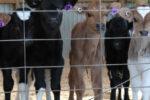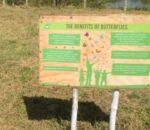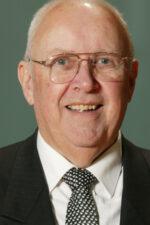Strong growth across most primary sectors
The Ministry for Primary Industries (MPI) says the outlook for New Zealand primary industries is positive with strong growth forecast across most sectors and dairy prices expected to gradually increase over the next 2 years. MPI Director of Sector Policy, Jarred Mair, says the latest Situation and Outlook for Primary Industries (SOPI) shows that, overall, exports have returned to growth this year – providing a clear signal of the strength of our primary industries. “New Zealand primary industry export revenue is estimated to reach over $36.7 billion in the year ending June 2016, supported by strong growth in horticulture and other primary sector exports and foods,” says Mr Mair. Recent years have provided challenges for a number of our sectors, and underlined the highly competitive and dynamic markets we trade in. For some sectors a drop in the New Zealand dollar has softened the impact of lower US dollar prices. Meanwhile on-farm, production across the primary sector has been relatively stable as El Niño conditions did not result in widespread drought. “The dairy industry has responded decisively to the subdued outlook through consolidation of their businesses to improve productivity and manage their costs,” says Mr Mair. “Dairy prices have remained weak as global supply is still abundant. New Zealand production is down marginally but export volumes are up. Production is still high in the EU [European Union], which is keeping downward pressure on prices. “Overall there has been a 6 percent decline in the value of dairy exports in the past year, but an expected gradual price recovery should lead to increasing dairy export values looking out 2 to 3 years. Overall our forecasts show 34 percent growth out to 2020.” Mr Mair says horticulture exports are expected to continue their run of impressive growth over the medium term. Horticulture […]





